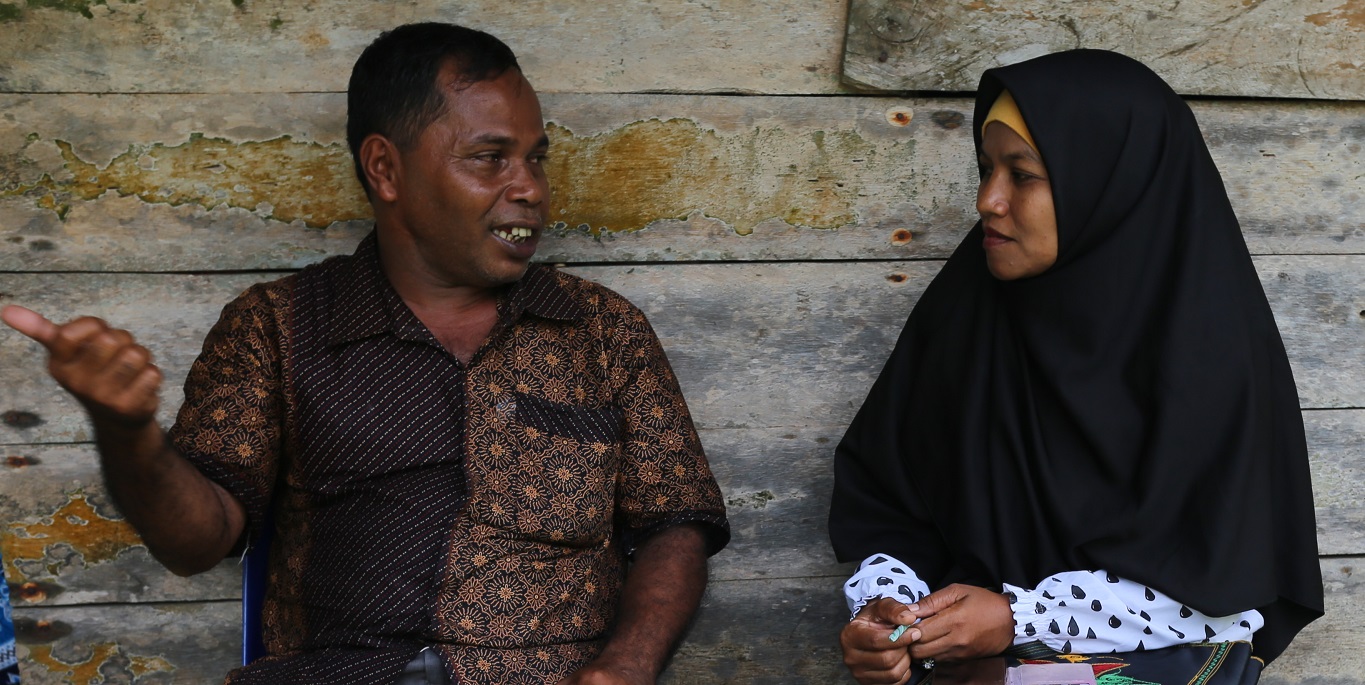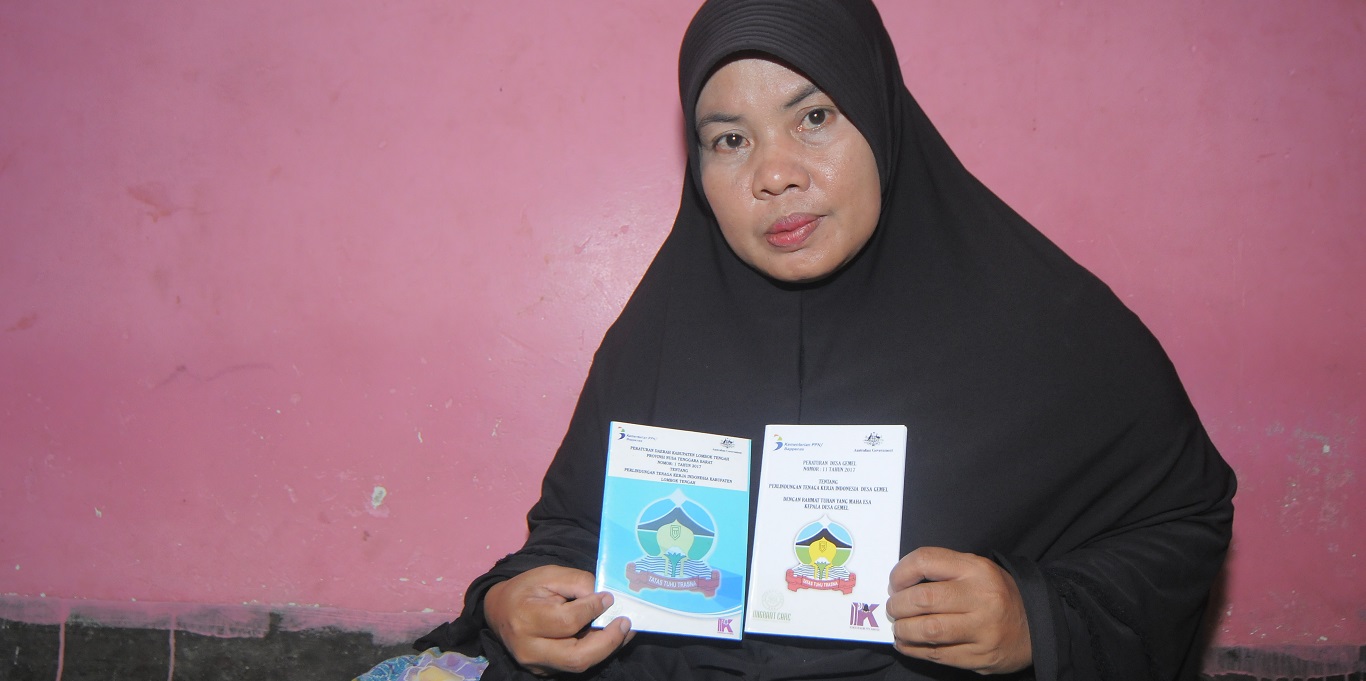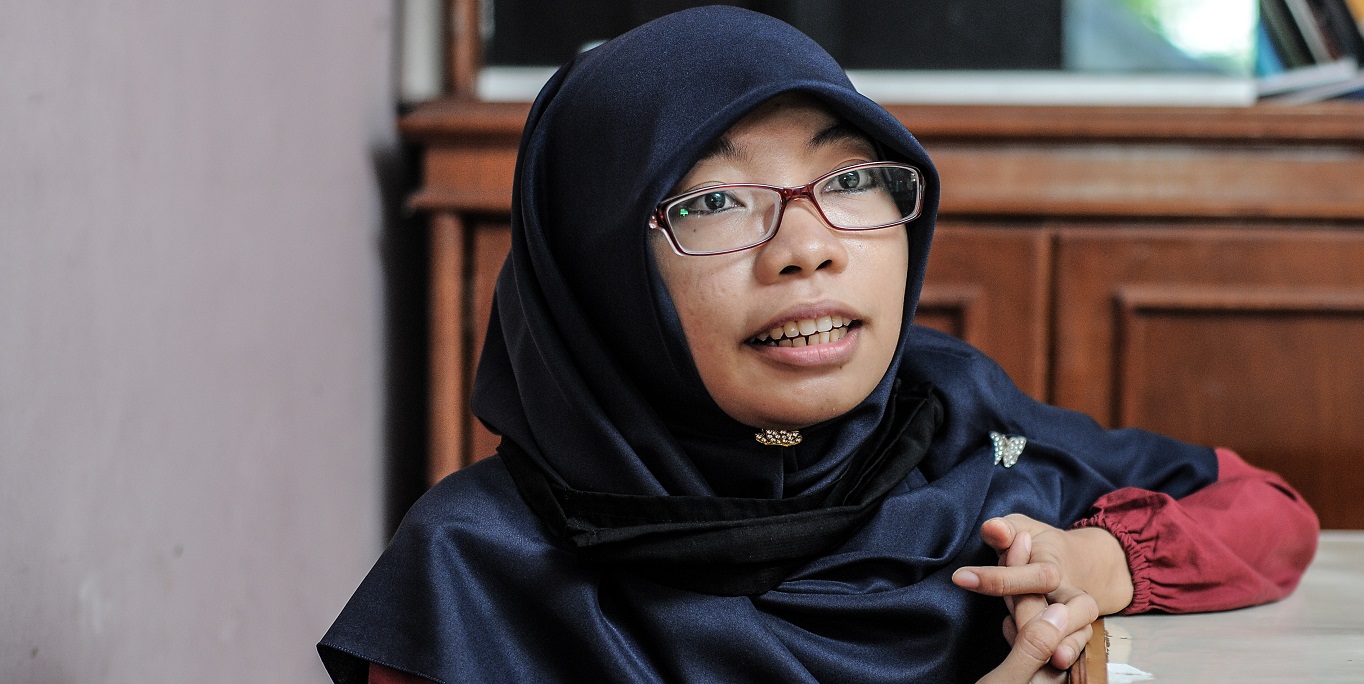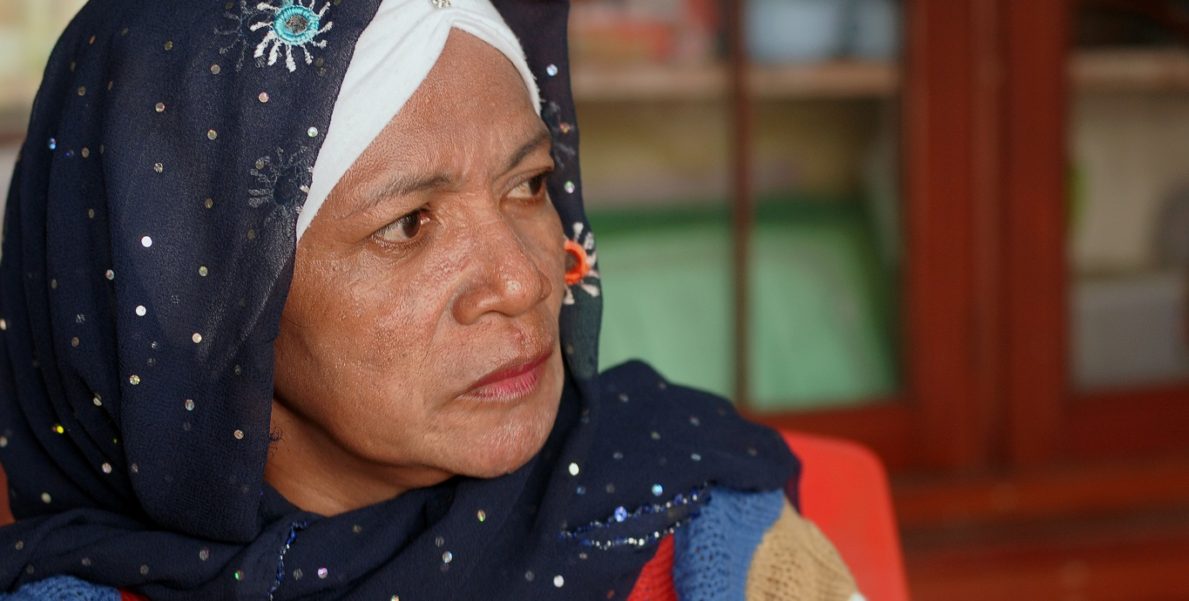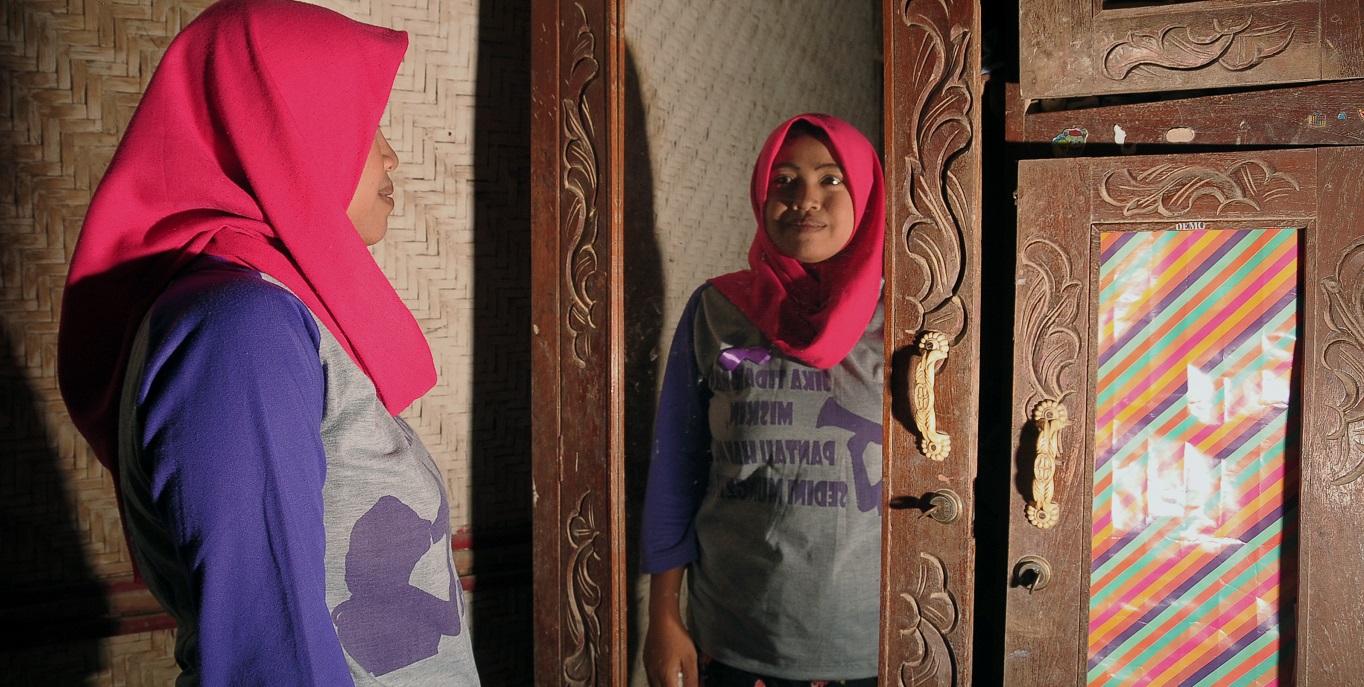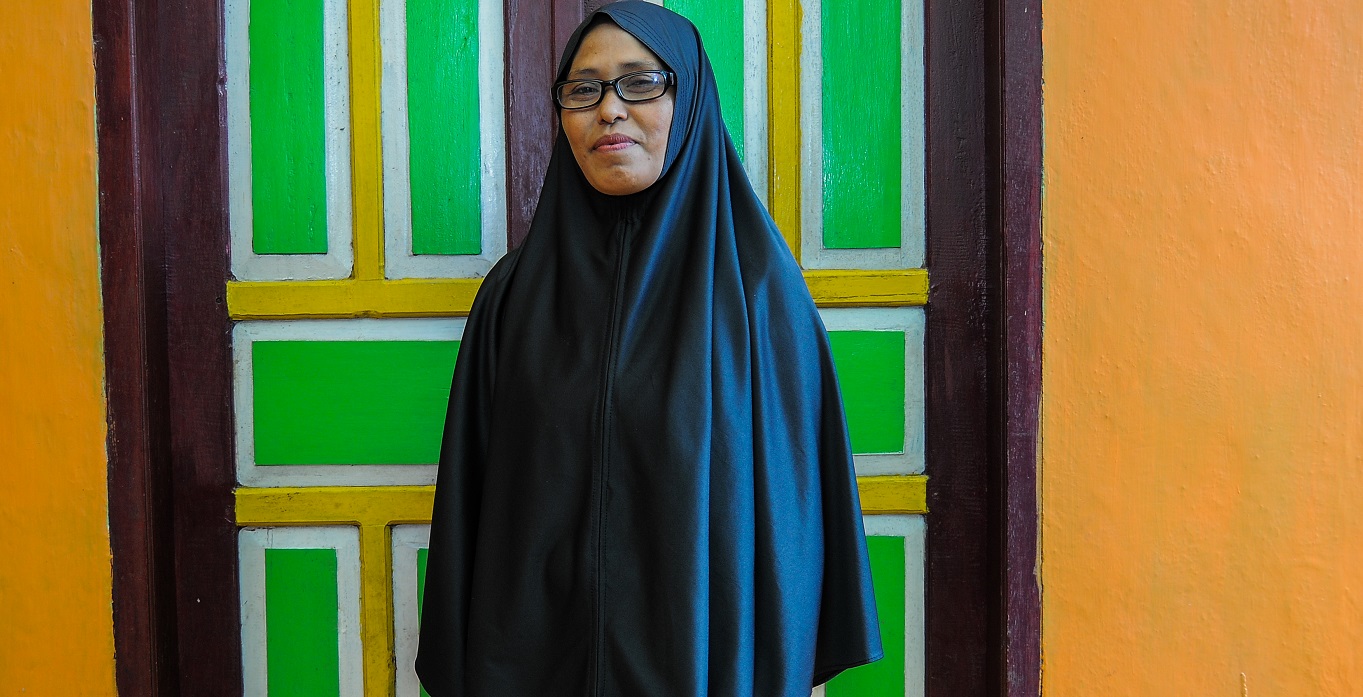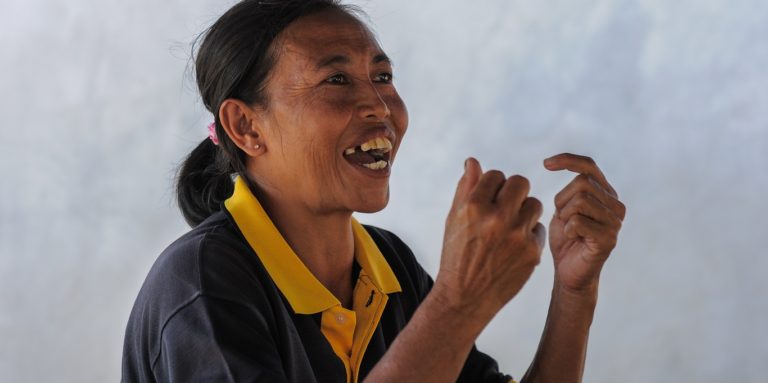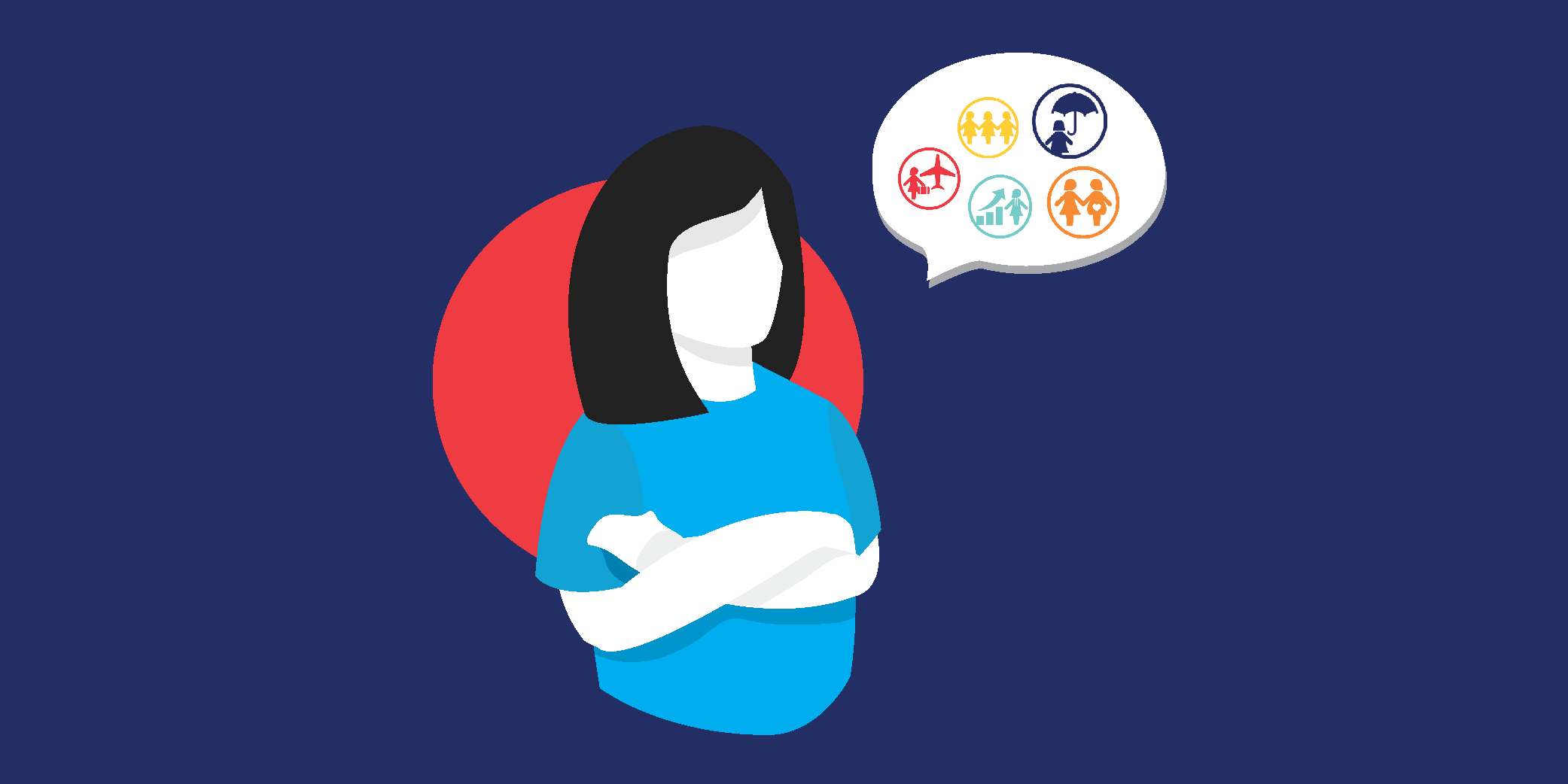Stories
Padang Teens Talk about Reproductive Health and Sex Education
9 May 2018Penulis: admin
Kiki was home alone the first time she had her period. The Batu Padang teen then sought for help from her friend. “My friend told me to buy menstrual pads.” Even though her friend didn’t tell her how to use it, Kiki wasn’t worried at all. “All I had to do is read the packaging. The instruction is there!”
Wulan, another Batu Padang teen who’s about to be a sophomore in her school also reminisces about her first period. Although she learnt about it in school, it was still a shock for her when she got it the first time. “I told my mom about it and she gave me menstrual pads and said, the packaging will tell you how to use it.”
Any discussion related to reproductive health and sex education has always been an awkward subject for teens in Padang. As much as it intrigues their curiosity, it is not something they can ask their parents about. It is considered embarrassing. And even though they’ve got reproductive study in Biology in school, discussing it with their teacher is also something they’re uncomfortable about.
Meta, another sophomore-to-be said, “We wouldn’t dare asking, we just listen to what our teacher says.”
Not only they can’t discuss it with their parents and teachers, talking about it with friends won’t help either; because they too, don’t have the right information. Some even find it annoying when asked about reproductive health or sex ed. Wulan mimics her friends’ reaction, “Why do you even ask about these things,” when she questioned them about menstrual pain/cramps.
“We’re not exactly the type that Google about it too. Even if we do, there’s just too much to read and not all of them actually explain what we need to know. We might as well ask,” said Mesya.
So when Miss Ayu from LP2M came to visit to talk about reproductive health and sex education, it felt like a revelation for these young Batu Padang teens. “We’re curious. When Miss Ayu said she was going to talk about women’s health, we want to participate,” said Wulan coyly.
From there on, these girls started a group they named Bougenvil. It is a group that conducts regular meetings with Miss Ayu, where they learn more about reproductive health and sex education. With Ayu, the girls feel very comfortable to discuss everything they want to know about the subject.
Ayu get to know these girls after she spoke in a teen prayer group (wirid remaja). “Young girls here they don’t really have a platform to gather,” said Ayu. “They go home straight after school. The only place where they have an opportunity to meet up is through teen prayer group especially because some school makes it mandatory for students to attend. And the boys attend too! But it’s even better that way. Boys have a role in this so it’s important for them to know the information, too.”
Ayu started by approaching the teen prayer group’s committee. “I asked for the counsellor. That’s how I met Miss Ninda, to whom I explained about our objective and what the output would be for these teens. She was very thrilled! She understood this is an important subject for the girls and she was happy that we finally have someone who can help and counsel. Miss Ninda herself is a counsellor, however, for elementary students. She feels a bit uneasy to speak with the teenagers as the approach is surely different with the one she uses for the younger kids,” explained Ayu.
It’s easier for the members of the Bougenvil to share their stories. “They boys laugh a lot when they’re around, so it becomes less serious, it’s better to discuss it amongst us girls,” said Wulan.
The Bougenvil group has learned a lot with Miss Ayu. They’ve covered about sexual health, menstrual cycle, and drawn women and men’s reproduction system. Many of them are curious about menstrual pain/cramps and wonder whether others share the same experience.
“I heard that we’re not allowed to clip our nails during period. But according to Miss Ayu, personal hygiene is important. We can’t let it grow and not clip them just because we’re having our period. So it’s okay,” shared Wulan. “And then Miss Ayu also said we’re allowed to shave our pubic hair, but not a clean shave because pubic hair has its own function too.”
“We care more about personal hygiene now. We change our pads more regularly during our period. Before, it was just two times, morning and afternoon. Now we change 3 to 4 times,” Mesya explained shyly.
“What do you want to discuss in our next meeting?” asked Miss Ayu.
“About reproductive disease, Miss”, replied Wulan. Her friends nodded in agreement. “We don’t know what cause it, we just heard from our family and from TV, but they don’t really explain why it appears.”
While the Batu Gadang teens have Miss Ayu to confide in, the teens of Kuranji has Miss Eva.
Eva who is also active in LP2M and other similar organisations explained, “Parents who live in a village like this can only have so much to their knowledge. For example, when their kids have problems, the parents reprimand them instead of listening to what the problems are. Kids are afraid to talk to their parents because they get angry all the time. While in fact, who makes a better friend than parents to their kids? Then again, how can they do that when they’re knowledge about parenting is limited.”
Like Ayu, Eva – more familiar as Ete (salutation for older sister in Padangnese), met the kids through teen prayer group. “It was during that time they shared about their problems and received solutions in return. Mostly they shared about their boyfriends or girlfriends,” said Eva. (***)



